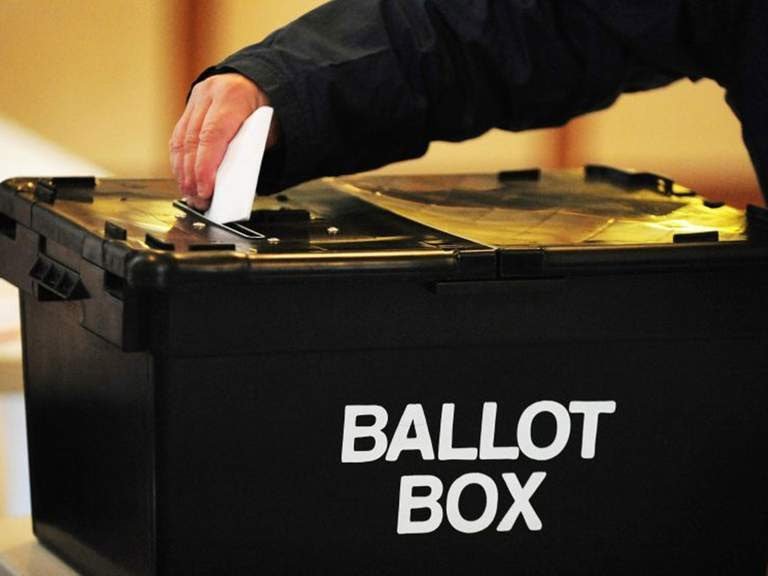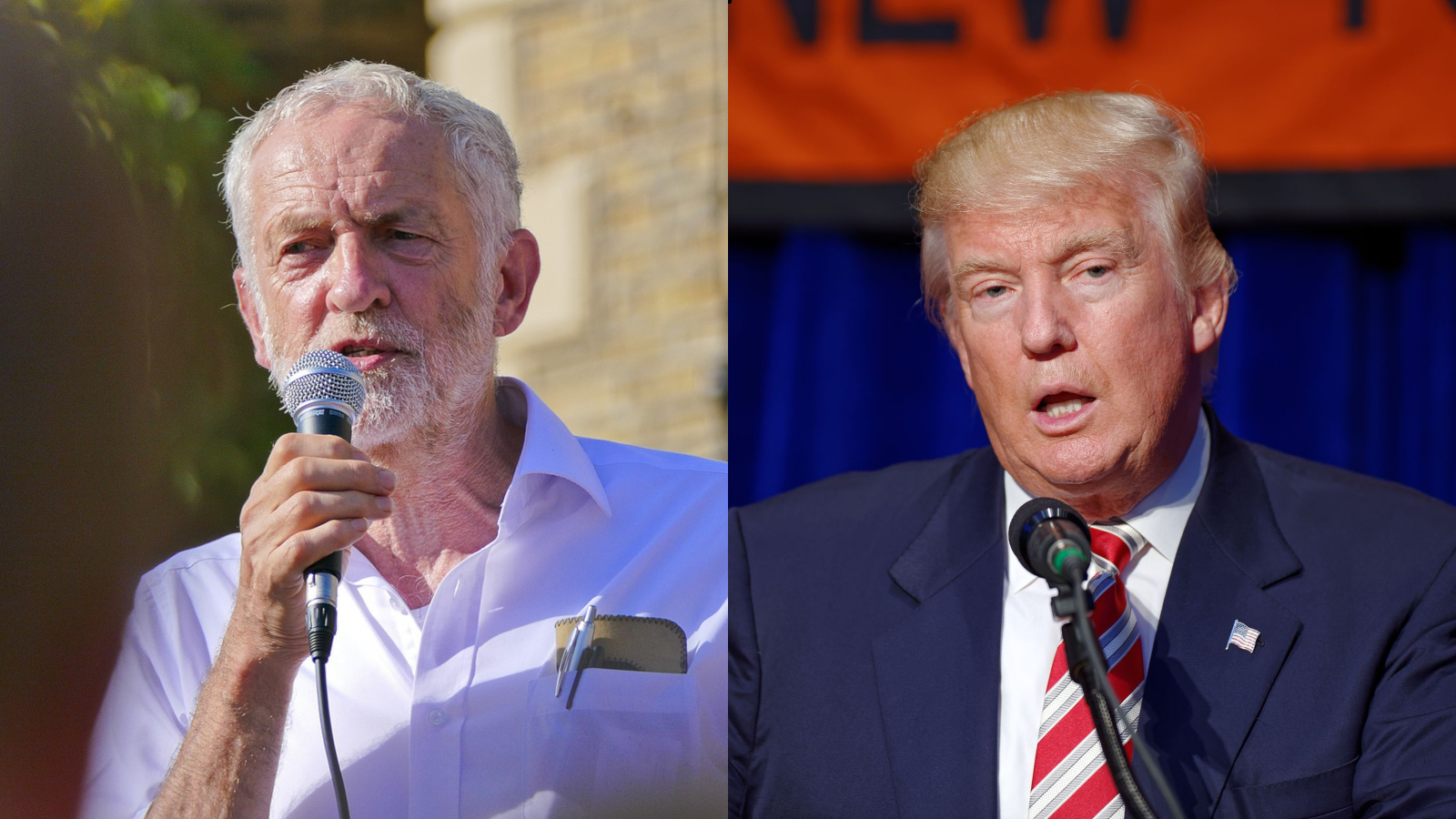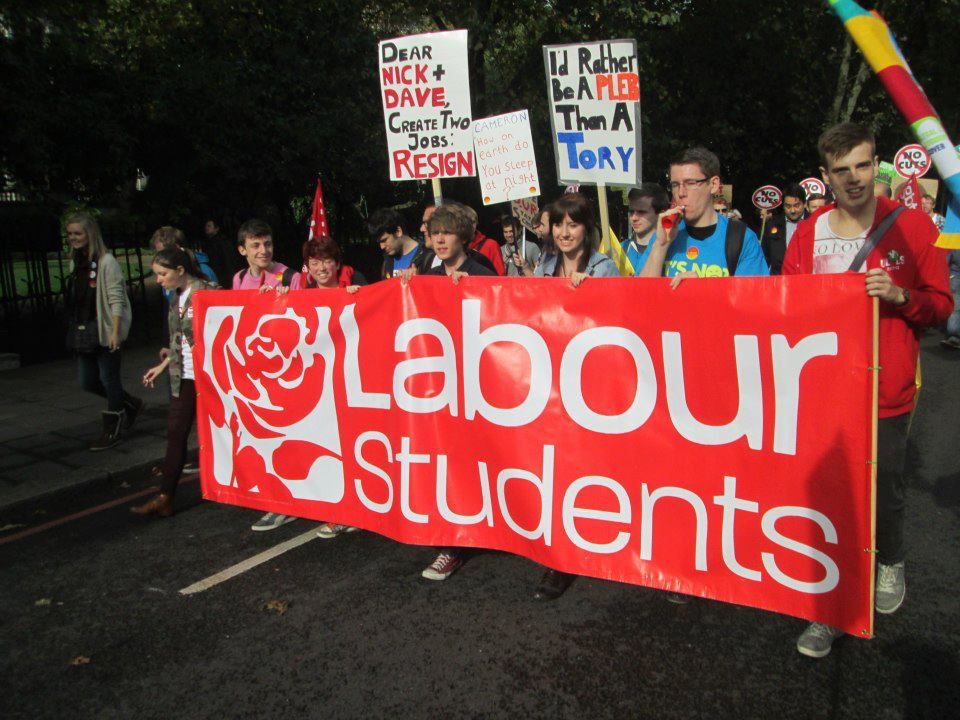Britain’s relationship with Europe has always been a complicated one. The Labour Party’s relationship with Europe has been equally complicated as its pro and anti-EU (and its predecessor the Common Market) factions have fought for domination over the levers of party power.
Despite Keir Starmer’s role in Labour supporting a second referendum at the last general election, he does now seem to have placed himself more in an anti EU position – or at least that is how some of Britain’s die hard Remainers will see it.
As Starmer set out his vision of Britain’s relationship with the EU in a major new speech delivered at the Centre For European Reform, it became clear that he sees Brexit as not something to be reversed but rather something to be fixed.
This approach will certainly delight those who feared that Labour would continue to advocate for Britain to re-join the European Union. Yet, the great issue, the fundamental issue is – can Brexit work? Can Britain truly work outside its nearest trading block without coming under some form of influence from it?
The issue of whether or not Brexit can actually work as a concept is, of course, a complex one and Starmer’s approach rightly focussed less on the volatile question of free movement but rather on the more pressing concern of how to ensure no hard border in Ireland whilst still allowing Northern Ireland to prosper from its unique relationship with both the Republic of Ireland and the United Kingdom of which it is a part.
Solving the issues surrounding Northern Ireland should rightly be the focus of all politicians in Britain at the moment, regardless of political affiliation. It is imperative that more is done to ensure peace remains in Northern Ireland.
There will be many, however, that still argue that Britain cannot continue to exist outside the EU without building closer ties to it closest neighbour and one of its most important trading partners. They will further argue that Starmer’s approach mimics that of Hugh Gaitskell when he should be following the appreciation of the EU shown by Roy Jenkins and Tony Blair.
The great distinction is context of course. Gaitskell’s position was borne both out of his own ideological dislike of the Common Market but also because of the political uncertainty that was felt by the British public towards this relatively new institution.
Similarly, Blair pro Europeanism especially during the 1990s and early 2000s seemed in tune with a country that viewed Euroscepticism as a throw back to a previous age. The seemingly insular nature of Conservative bickering of Maastricht had put the country off leaving the EU rather than encouraged the public to adopt it as a position.
Starmer is in fact working with a context more akin to that of Neil Kinnock. Whilst Kinnock’s journey from sceptic to supporter of the European Union is the inverse of Starmer’s current trajectory, they are both similar in that they are responses to the climate that they exist in.
Whilst Britain’s membership of the European Union will not be the great debate of the next election, it is a period that the public at large, Remain or Leave do not fundamentally wish to return to. For Labour to return to power at the next election it must win over voters who are by definition more opposed to re-joining the EU than in favour of it. For Labour to represent people across the country it must represent all people – many of them former Leavers.
The question of can Brexit work will remain one that has no simple answer. To dismiss it out of hand would in the eyes of many be foolish and yet the evidence suggests that Britain’s current arrangement with the EU is falling far short of the promises that were made in 2016.
For Keir Starmer then must walk the tightrope between an acceptance with the fact Brexit is currently working and the contentious suggestion that it could work if somewhat changed. It is a delicate balance and a position of nuance that might be difficult to convey to voters but one he must do if he is to ensure Labour’s return to power.

Will Barber Taylor
Will is a writer and member of the Labour Party. He is passionate about local communities and progressive politics that can help people. He is reading History at the University of Warwick and is working on a short book on Philip Snowden.




